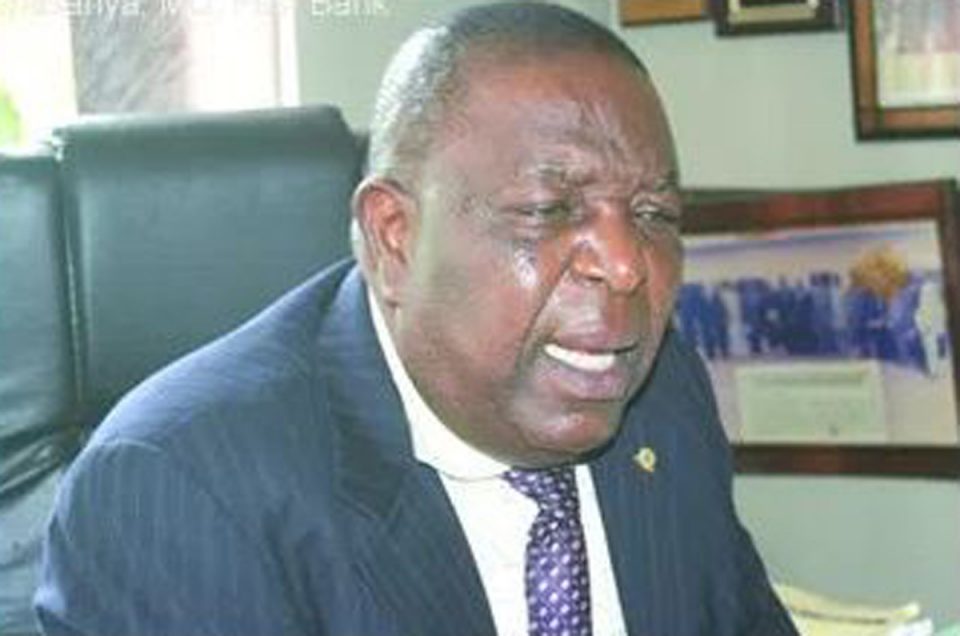Mr Samuel Nzekwe, former President, Association of National Accountants of Nigeria (ANAN), says if the private sector is more productive, it will not be worried about the non-passage of 2019 national budget.
Nzekwe said in Lagos that the private sector had yet to take its rightful position as the driver of the economy.
He said if the sector had taken its place in the economy the way it ought to, the non-passage of the budget would not have been an issue to Nigerians.
The accountant, however, said the government remained the biggest spender in the economy, making it difficult to really feel the contributions from the private sector in the country.
Nzekwe said: “If the budget is not implemented on time, the shocks on economy may be high because a lot of businesses in the private sector depend on it.”
“I tell you, it shouldn’t be so because the private sector ought to be the driver of the economy,” he said.
Nzekwe said the private sectors in developed climes thrived more and thereby allowed governments to ensure conducive environments.
According to him, the government should rather focus mainly on issues like security, health among others.
He, however, noted that government needed to look at infrastructure challenges and close up the gaps to allow the private sector to thrive.
This, Nzekwe added, would allow Foreign Direct Investment (FDI) into the country to grow.
According to him, doing so will unleash potentials in the country while the economy starts to ‘move up’.
Five months after the 2019 budget estimate was presented by President Muhammadu Buhari, the National Assembly was yet to pass it.
President Buhari had on Dec.19, presented N8.83 trillion budget proposal for the 2019 fiscal year to a joint session of the NASS
The budget details included assumptions such as 2.3 million barrels per day oil production and N305 to a dollar exchange rate, real Gross Domestic Product growth rate of 3.01 per cent and inflation rate of 9.98 per cent.
Other projections were total revenue of N6.97 trillion, which was three per cent lower than the 2018 estimate of N7.17 trillion.
While oil revenue projection was N3.73 trillion, non-oil revenue estimate was put at N1.39 trillion and this consisted of N799.52 billion from company income tax; N229.34 billion from value added tax, and customs duties of N302.5 billion.




